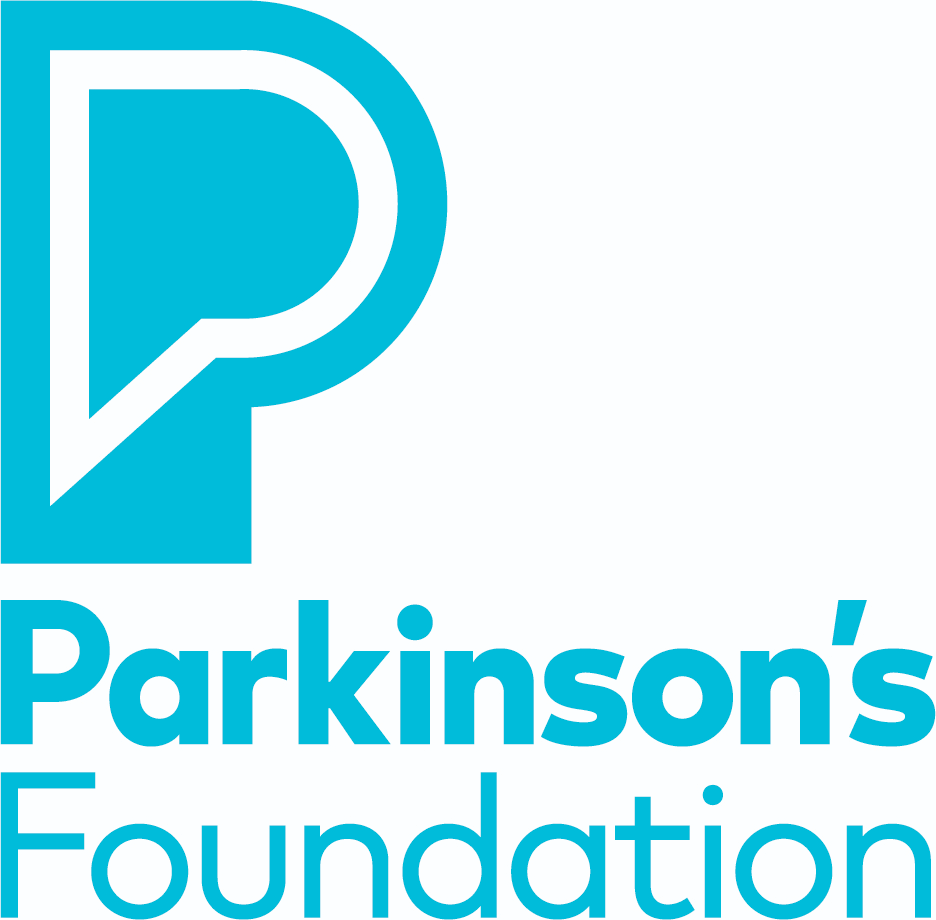
16 Aug 2022
Blog: Supporting the LGBTQ+ Parkinson’s Community: Tips for Professionals
The Parkinson’s Foundation, the nation’s leading community for people living with Parkinson’s disease (PD) and those who love them, estimates that there are approximately 100,000 LGBTQ+ people living with PD in the U.S. and this number is expected to rise. As trusted voices in communities across the country, the professionals at LGBTQ+ Community Centers and Health Centers can make a significant impact on the lives of community members living with and affected by PD.
This article covers the basics of Parkinson’s disease, tips on supporting LGBTQ+ people with Parkinson’s, and essential resources that can help. To learn more, download the Guide for LGBTQ+ Community Centers and Health Centers co-created by the Parkinson’s Foundation and SAGE and visit the Parkinson.org article LGBTQ+ & Parkinson’s.
Parkinson’s disease is a neurodegenerative disorder that affects dopamine producing cells in the brain. Dopamine is the chemical that helps control movement and emotional responses. As Parkinson’s progresses, the brain produces less dopamine resulting in various symptoms. The symptoms and progression of Parkinson’s are unique to everyone, which can make it a challenge to diagnose a person with PD. Symptoms are commonly mistaken as normal signs of aging. To help individuals identify PD symptoms, the Parkinson’s Foundation has identified 10 early signs of the disease, including:
- Tremors (shaking)
- Small handwriting
- Loss of smell
- Trouble with sleeping
- Challenges with moving or walking
As LGBTQ+ Community and Health Centers know, LGBTQ+ people may choose to delay interactions with healthcare professionals as the result of past trauma within the medical establishment. For people who are living with Parkinson’s disease, early and frequent medical care can have significant health benefits. The earlier a person receives an accurate diagnosis, the earlier they will have access to treatment that can improve outcomes and result in a better quality of life.
Professionals at LGBTQ+ Community and Health Centers can share information about the early signs of Parkinson’s disease to encourage community members to seek the care they deserve without delay. The Parkinson’s Foundation offers a library of educational resources that can offer guidance at any point in the Parkinson’s journey. These resources are available to order and download at no cost. The all-new Parkinson.org also contains the latest articles and up-to-date information on how to live well with PD.
In addition to providing educational resources, LGBTQ+ Community and Health Centers can also facilitate connections between community members affected by Parkinson’s. Managing a life with PD can be isolating. This is particularly true for LGBTQ+ people with Parkinson’s and care partners who may feel uncomfortable at PD support groups that do not explicitly welcome those who identify as LGBTQ+. Facilitating a Parkinson’s support group can help community members build a support network and maintain their emotional health.
To learn more about Parkinson’s disease and the available resources, visit Parkinson.org or contact the Parkinson’s Foundation Helpline at 1-800-4PD-INFO (1-800-473-4636). To connect with your local Parkinson’s Foundation resources, visit Parkinson.org/Your-Area.
By John Lehr, CEO and President Parkinson’s Foundation
Note: According to data from the Census Bureau’s Household Pulse Survey, approximately 10% of adults in the U.S. identify as members of the LGBTQ+ community. Given that approximately 1 million people are living with Parkinson’s in the U.S., the Parkinson’s Foundation estimates that about 10%, or 100,000 people, are part of the LGBTQ+ community.

